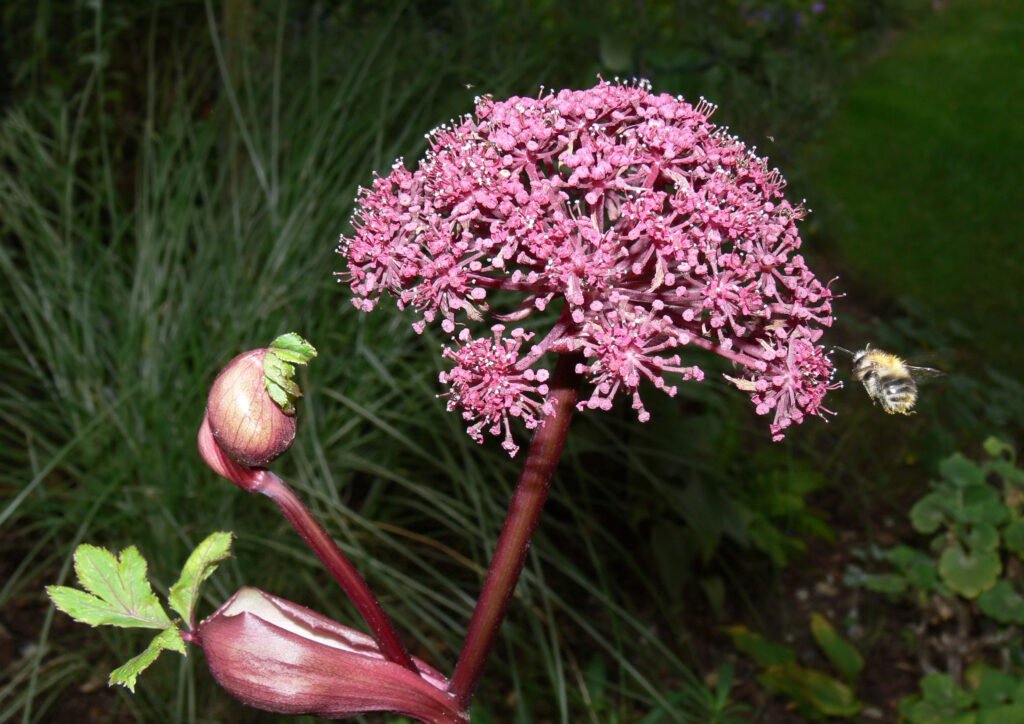Israeli university students are engineering special bacteria to prevent hair loss caused by chemotherapy.
Chemotherapy is one of the most common cancer treatments, and causes damage to healthy, living tissues and oftentimes hair loss, among other severe side effects.
But students from the Technion in Haifa hope to synthetically produce Decursin, which deters hair loss, and incorporate it into shampoo, creams and other products.
Decursin is a compound derived from the roots of the Angelica gigas, a plant grown exclusively in China and Korea.
It has many beneficial properties including the abilities to suppress inflammation, repress cancer, and prevent apoptosis – or programmed cell death, which includes hair cells.
The problem is that the plant contains less than six per cent of this compound, and current extraction methods are low-yielding, polluting, and complicated, making Decursin extremely expensive.
Students from the Technion are competing with their innovation in this year’s International Genetically Engineered Machine (iGEM) competition.
Sign up for our free weekly newsletter
SubscribeIt is an annual synthetic biology competition, where teams of students from diverse fields work with mentors to build genetically engineered systems.
The competition was founded in 2004 at the Massachusetts Institute of Technology, and has been held in Boston since its inception. Now, it will be held for the first time in Europe, at the Paris Expo Porte de Versailles convention center in France.
This year, more than 300 teams from around the world will participate in the competition, including three from Israel – one from the Technion, one from Tel Aviv University, and one from Ben-Gurion University of the Negev.
Prof Roee Amit, of the Faculty of Biotechnology and Food Engineering and mentor of the Technion team, said: “Beyond participation and winning, it is important to understand that some of the developments by the Technion teams have already been turned into applied and commercial tracks and have a real impact in the world.
“One of the most prominent examples is Koracell, which was founded on the basis of the technology developed by our students in preparation for a competition iGEM in 2019.
“The group developed an innovative technology for the production of honey without bees using a genetically engineered bacterium. This technology allows the honey’s texture and taste to be precisely designed, and it is also a platform for simulating other natural metabolic processes.”
Related posts

Israeli AI Safety Tool Among TIME’S Best Inventions For 2024

TAU Team Discovers Mechanism To Eliminate Cancerous Tumors

Ashdod Port Investing In Startups As Part Of Innovation Strategy




Facebook comments